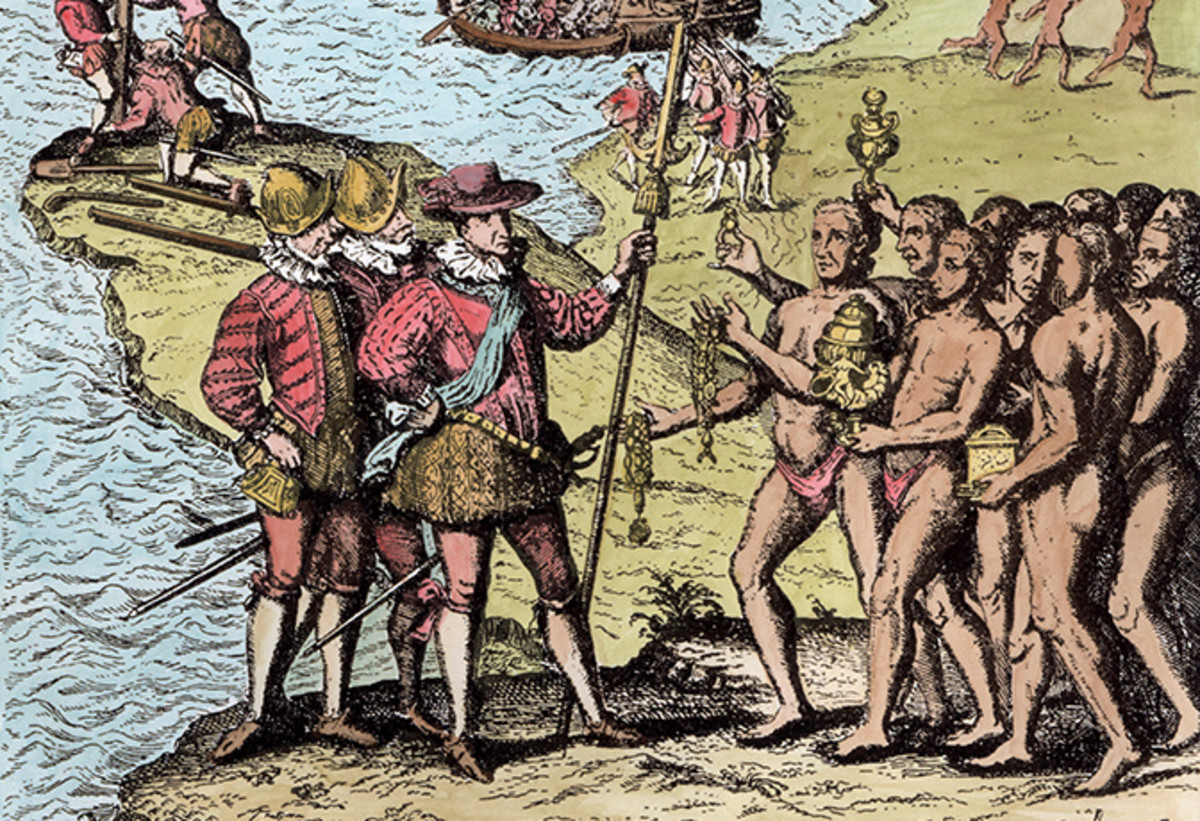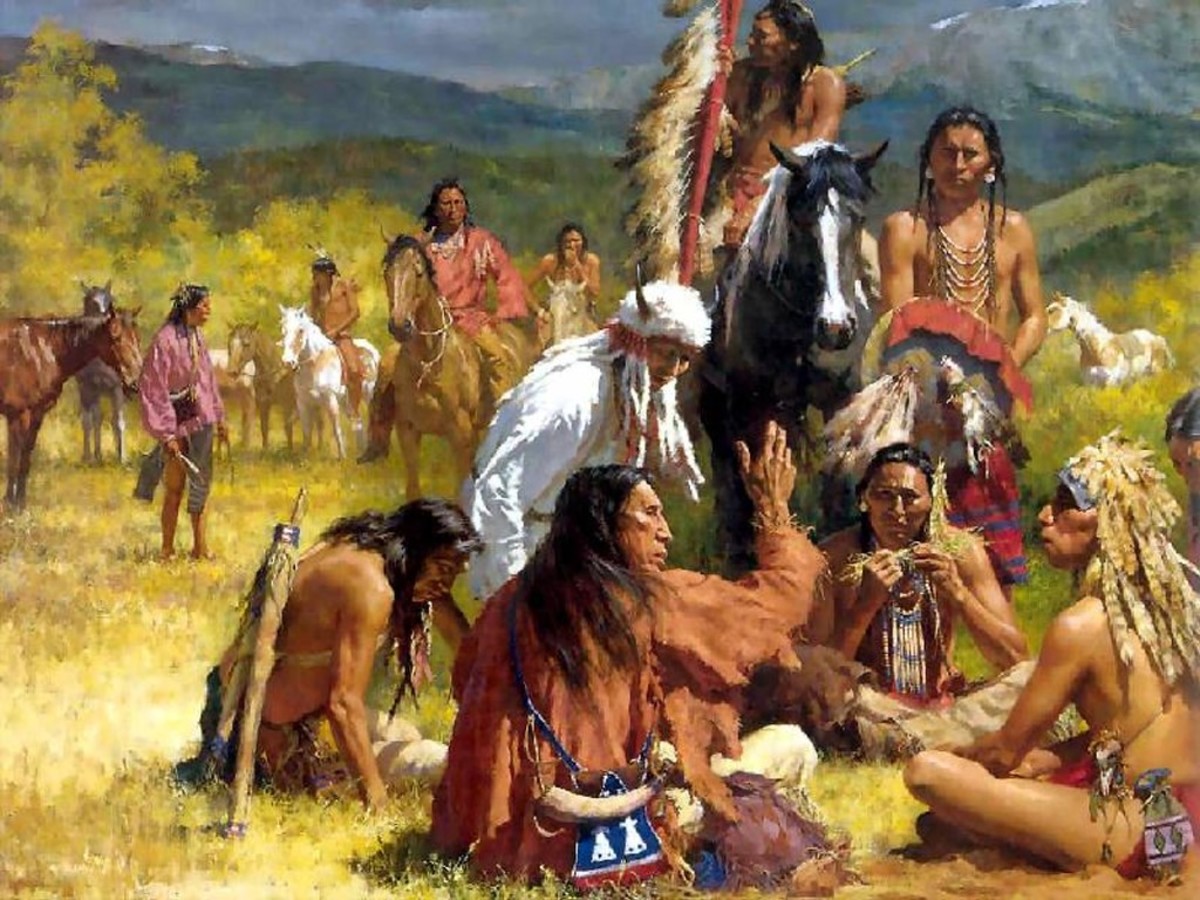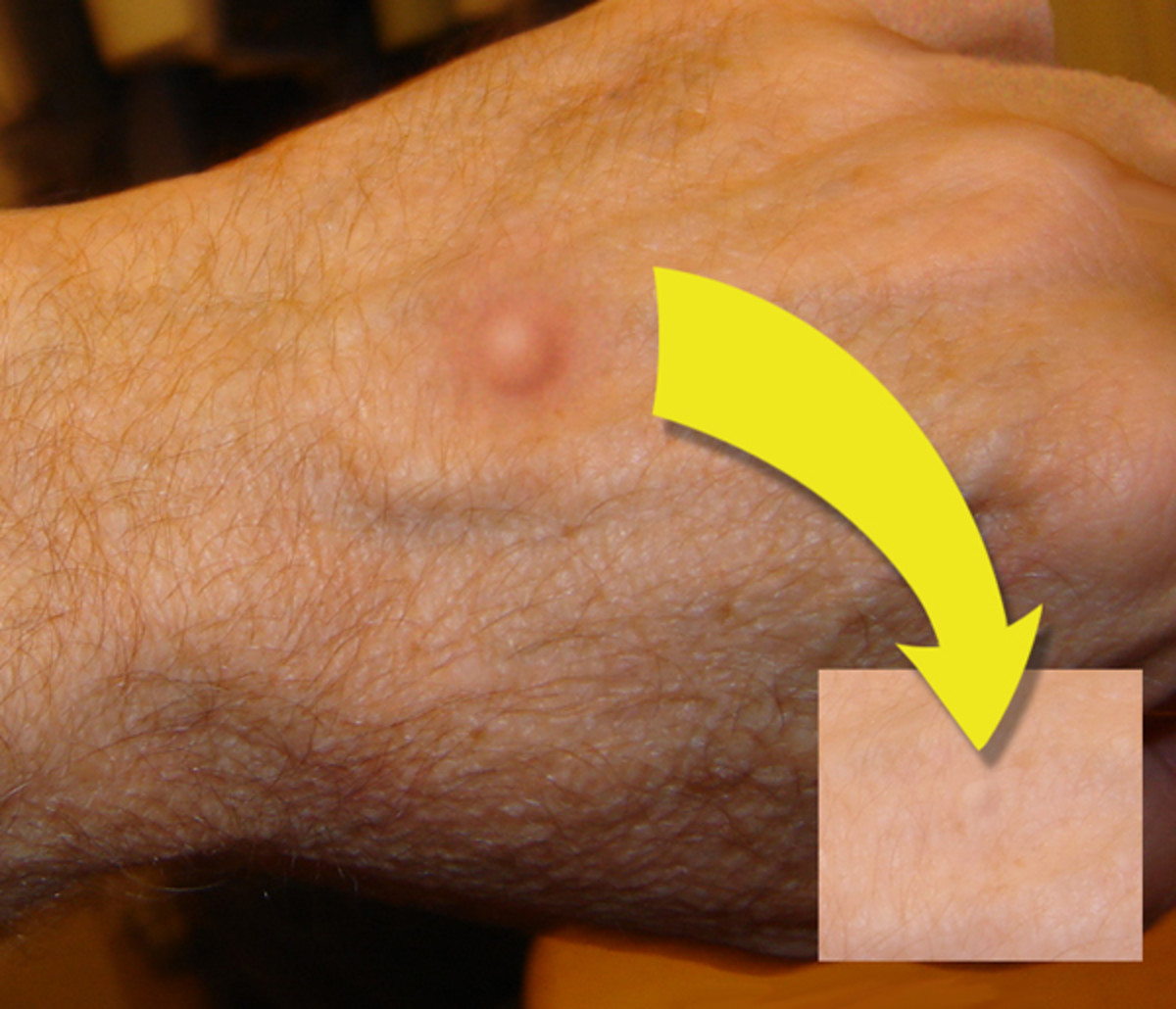- HubPages»
- Education and Science»
- Life Sciences»
- Entomology
Mosquito To The Rescue!
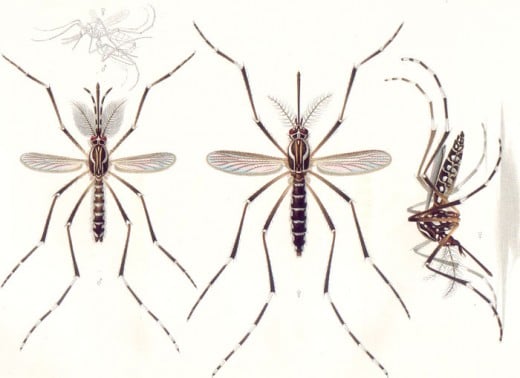
I can't think of one person I know who is fond of mosquitoes. They have to be the most annoying insects ever. Not only do they give you deadly diseases, but the way they give you these diseases is by biting you (in order to draw blood) which then causes an irresistible urge to itch the area until your skin is raw.
They sing too.
Just when you are dozing off to sleep, a mosquito will fly by slowly and sing in the most excruciating way, and no matter how much you wave them away they keep coming back as if to say, 'You didn't really think that would get rid of me, did you?'
Most people try their best to make certain that mosquitoes do not bite them and rightly so. A mosquito bite can be a small nuisance and cause somewhat of a discomfort, but if the mosquito that has bitten you is a carrier of some sort of disease then you could be in for a torturous ride - one that can lead even to death.
Some of the diseases that mosquitoes carry are:
- Dengue Hemorrhagic Fever
- West Nile Virus
- Yellow Fever
- Malaria
- Rift Valley Fever
- Encephalitis
- Ross River Fever
The condition known as Elephantiasis can also be contracted from a mosquito bite because some mosquitoes carry the roundworm that causes this disease.
So really how can mosquitoes, these tiny little pests, be worth anything? Sure there are some species that are helpful but those are not the ones flying around with Malaria and Yellow Fever in them.
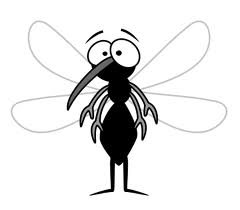
History has shown that mosquitoes have fought in some very serious battles. Many times the side they fought on thought they would lose because they were the weaker side but then the mosquito stepped in and all was lost for the enemy.
You see, it is very hard to fight mosquitoes especially if you are unaccustomed to them.
When the Europeans arrived in Africa, they did not realize that the mosquito could prove to be a formidable enemy. All they saw was a land to conquer and the natives of that land who could be of use to them. Soon these natives of Africa faced harsh treatment from these settlers and they rebelled and fought for their lives. They realized that they did not want to be colonized by the Europeans, they did not like their ways, and they could not live the way they chose if they remained so war it was.
They had primitive weapons as far as the Europeans saw and it was a battle they were destined to lose, but they did not give in without a fight. The mosquito was there and saw it all. It too, joined the fight.
It is recorded that in Africa Yellow Fever broke out and killed many colonists and yet the African natives remained alive.
In the West Indies, when Haiti was fighting tooth and nail for its Independence from the French, the mosquito also played a significant part in the battle.
Le Clerc, the brother-in-law of Napoleon himself, lost over twenty-seven thousand (27,000) troops to Yellow Fever. I imagine at the time L'Ouverture and the rest of his lot were shouting, "Yeah mosquitoes!". Everyday more and more troops contracted the dreaded disease and their immune systems, not being able to cope, could not fight it. At least 80% of the French troops under Le Clerc perished because of Yellow Fever. Le Clerc himself succumbed to Yellow Fever. In a letter to Napoleon he said:
" A man cannot work hard here without risking his life and it is quite impossible for me to remain here for more than six months. My health is so wretched that I would consider myself lucky if I could last for that time! The mortality continues and makes fearful ravages."
He spoke the truth. It was April, therefore the rainy season and the time when the mosquitoes were at their most abundant.
If it were not for the 'help' of the mosquitoes, Haiti may not have become the first Independent colony in the West Indies. No doubt that Yellow Fever caused casualties among those who revolted but it hit its hardest at those who were not used to the climate and the diseases that came with it.
It cannot be disputed. Mosquitoes can be and are deadly little insects. They carry many diseases that are dangerous to man. In the past, though, it was because they threatened men who would threaten other men's mortality, they proved to be rescuers.
©
- The Most Successful Slave Revolt In The 'New World' ...
A look at the Haitian Revolution and its heroes. The causes leading up to it and the reasons it was a success.

